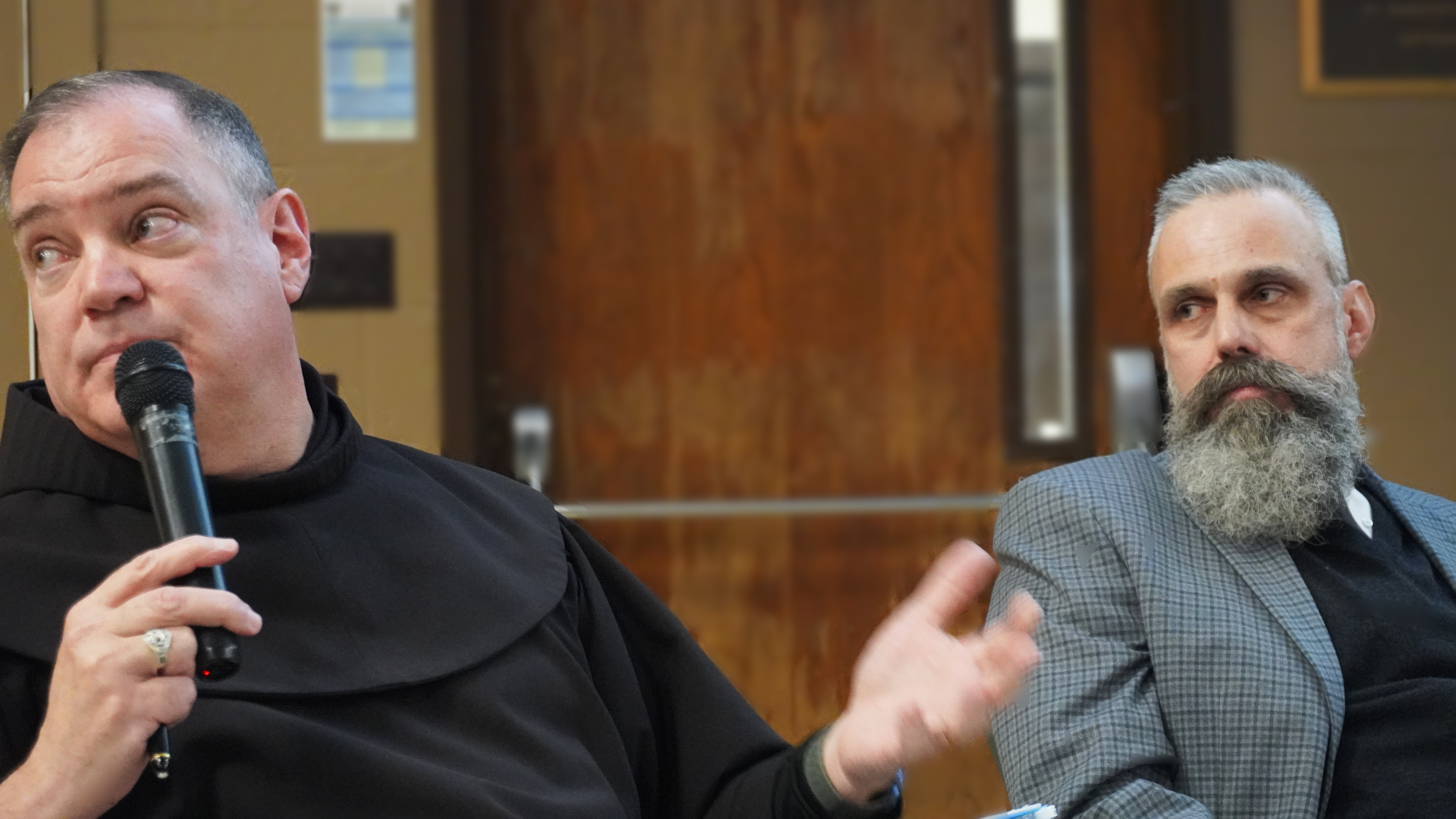By Pat Tintle
Assistant Sports Editor
Presenting as a plenary speaker at the 2014 New York State Communication Association (NYSCA) conference, Dr. John Robert Greene argued that social media, namely Twitter, has destroyed the coverage of contemporary politics in the United States.
A St. Bonaventure graduate and a history professor at Cazenovia College for the past 34 years, Greene is professor on American political history, with a focus on the American presidency. Greene has written 17 books and has been a consistent observer of how the journalism industry has evolved – or devolved, in Greene’s view – through the digital era.
With news now being written and read on the screen rather than on the page, Greene has said he has observed the downfall of contextual and informative reporting through the use of Twitter, as well as other social media networks.
“It’s led to this mentality that anybody can be a political reporter if they only have a Twitter account,” Greene said. “(Older readers) got ‘thought pieces.’ We got longer pieces in the New York Times. I used to be able to say to my students ‘I don’t have an awful amount of time to hear a press conference on TV – I’ll read it in the Times the next day.’ It’s not there anymore. None of the reporters in the field are writing contextualized pieces anymore.”
As modern reporters continue to rely on their Twitter feeds for news, more reporters have distanced themselves from the core aspects of their stories, according to Greene.
“They’re admitting that what they’re writing are context-free stories,” Greene said, singling out Buzzfeed.com for its lack of political insight when reporting on politicians. “They’re putting them out on social media rather than publishing them. They’re all reporting on their phones and they’re not asking questions like what do (politicians) think.”
Greene pointed out the new breed of embedded journalists, reporters who travel around the country as presidential elections and campaigns unfold, who have emerged in the past decade.
Instead of gathering true political insight from presidential candidates, embedded journalists now fall back to their Twitter accounts to relay irrelevant, opinion-based side notes rather than using the opportunity to get a crucial, and potentially election-changing, interview from the candidates themselves.
“The joke is that none of them have any training,” Greene said. “None of them have ever been out into the field, and they never meet the candidate.”
When looking at modern journalism, much can be analyzed on where the blame falls. Whether it is the organizations that encourage a blend of social media and journalism (while sacrificing good reporting), or the readers who supply the demand for such works being written is unclear to Greene.
“Is it our fault because we don’t change the channel, and we revel in this?” Greene said after his speech. “Or is it the fault of the people who deliberately disseminate and push it? I have no idea.”
Wherever the origin of the dilemma lies, one thing is for sure – context is missing and voters are losing out because of it, Greene stated.
“My hope is that we get a better quality of opinion writing,” Greene said. “That we get a more thoughtful punditry, that we get more thought pieces. But, it seems to me that if we take people who are doing the narrow types of studies at journalism schools, and not reading literature and not reading good writing, then we’re not going to get to that.”






